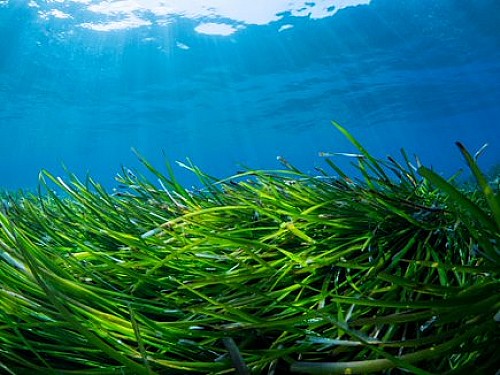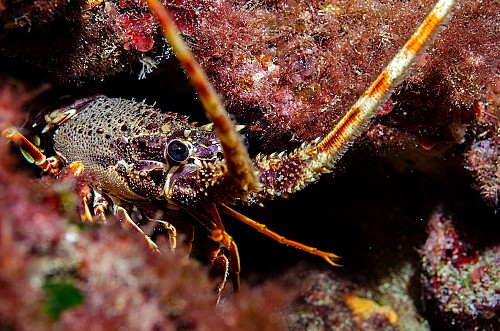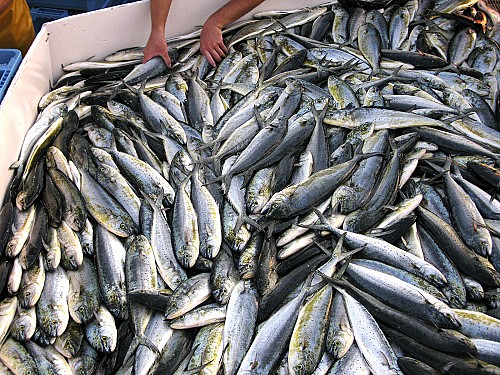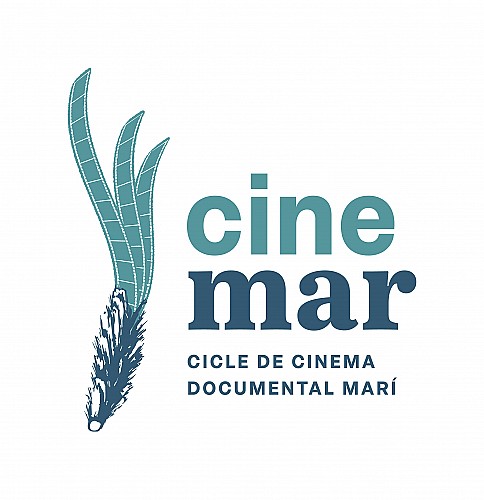The Balearic Sea Report turns five years old and celebrates with the scientific community.
Published 04.10.2025
Share
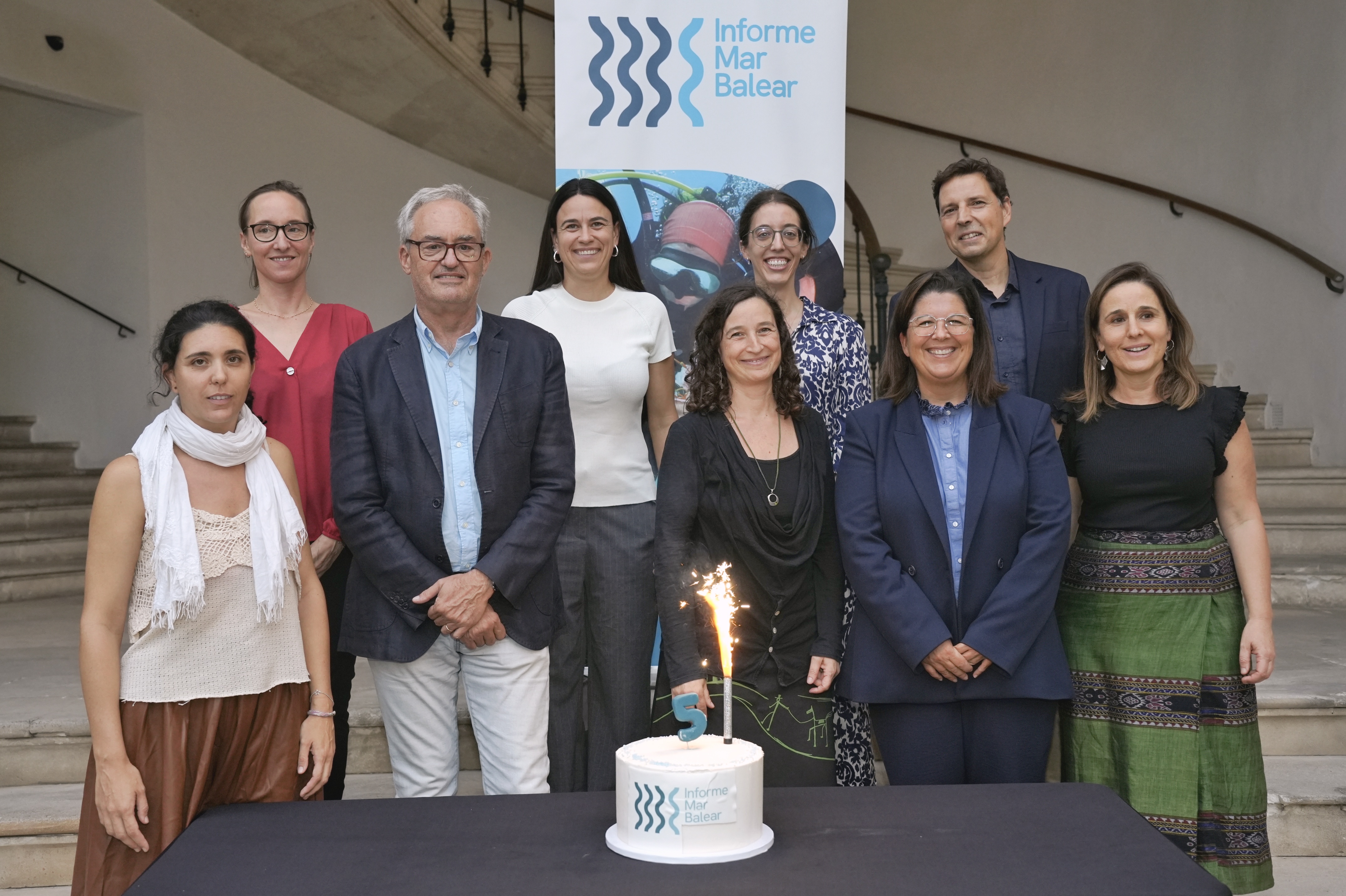
The Balearic Sea Report (IMB) turns five years old. The anniversary of its first publication was commemorated with an event that brought together the scientific community and public administration of the Balearic Islands. The meeting, which took place in the auditorium of the Balearic Islands College of Architects, recognised the joint work of the 32 entities and more than 100 researchers who helped create a reference platform for knowledge and conservation of the Balearic marine environment.
Since its inception in 2019 and its first publication in 2020, the IMB has established itself as an essential tool for the compilation, analysis, and dissemination of scientific data on the state of the sea. In these five years, it has evolved from an initial printed report to a living web platform with more than 180 regularly updated indicators, distributed across 10 thematic chapters covering ecological, economic, and social aspects, accessible to everyone. The latest report incorporates new indicators of marine heatwaves and relating to various species of sharks.
During the event, the importance of having solid scientific knowledge as a basis for political decision-making was highlighted. Similarly, the need for continuous and regularly updated data was put forward; this is the only way to detect trends and evaluate the effectiveness of the measures implemented. This knowledge is made possible thanks to the collaboration between numerous scientific, administrative, and social entities that contribute and share information to build a comprehensive and rigorous overview of the state of the sea.
About the IMB
The IMB is a collaborative science initiative that brings together research institutions and entities from the Balearic Islands to compile and share scientific information on the state of the marine environment. The project is committed to the transparency and accessibility of data to facilitate decision-making and raise awareness in society about the importance of conserving our natural marine heritage.
Raquel Vaquer, coordinator: ‘The strength of the Balearic Sea Report lies in collaboration. Never before have so many scientific institutions in the Islands come together with a common goal: to generate knowledge to protect the Balearic Sea.’
Toni Grau, Director General of Fisheries for the Balearic Government: ‘It [Balearic Sea Report] compiles and unifies a great deal of information scattered across different institutions and makes it available to the public. Without data, there can be no science or management.’
Eva Marsinyach, researcher at the Menorca Socio-Environmental Observatory (OBSAM): ‘At first, when the Balearic Sea Report was just an idea, we thought it would be very difficult to achieve. But by working together, we have seen that this report has become a reality, it has been possible, and it has now been running for five years, during which time more than 30 entities have worked together towards a common goal.’
Joaquim Tintoré, Research Professor at IMEDEA: ‘The Balearic Sea Report is open, participatory, and reliable science at the service of society.’
Salud Deudero, Director of COB-IEO: ‘We have a region with a lot of tourism and a lot of human activity, and it is very important that we have baseline data that allows us to evaluate how ecosystems are responding to these human pressures and how they can be protected.’
Víctor Homar, Vice-Rector for Scientific Policy and Research at the UIB: ‘The Balearic Sea Report is in line with the policies and principles of the University of the Balearic Islands and reinforces the institutional position of addressing challenges with decisions based on knowledge - science, data, and evidence.’
Nuria Marbà, Research Professor at IMEDEA: ‘It [Balearic Sea Report] is a very good compilation of current knowledge about the Balearic Sea, both from a scientific point of view and in terms of regulations, policies, management, pressures and threats to which it is subject.’
Marcial Bardolet, Head of the Posidonia Monitoring Service, IBANAT: ‘It [Balearic Sea Report] is a snapshot that is in motion, but it also helps us to take a step back to see what has been done, look to the future and make the best decisions.’

